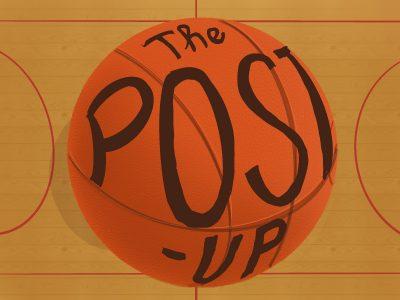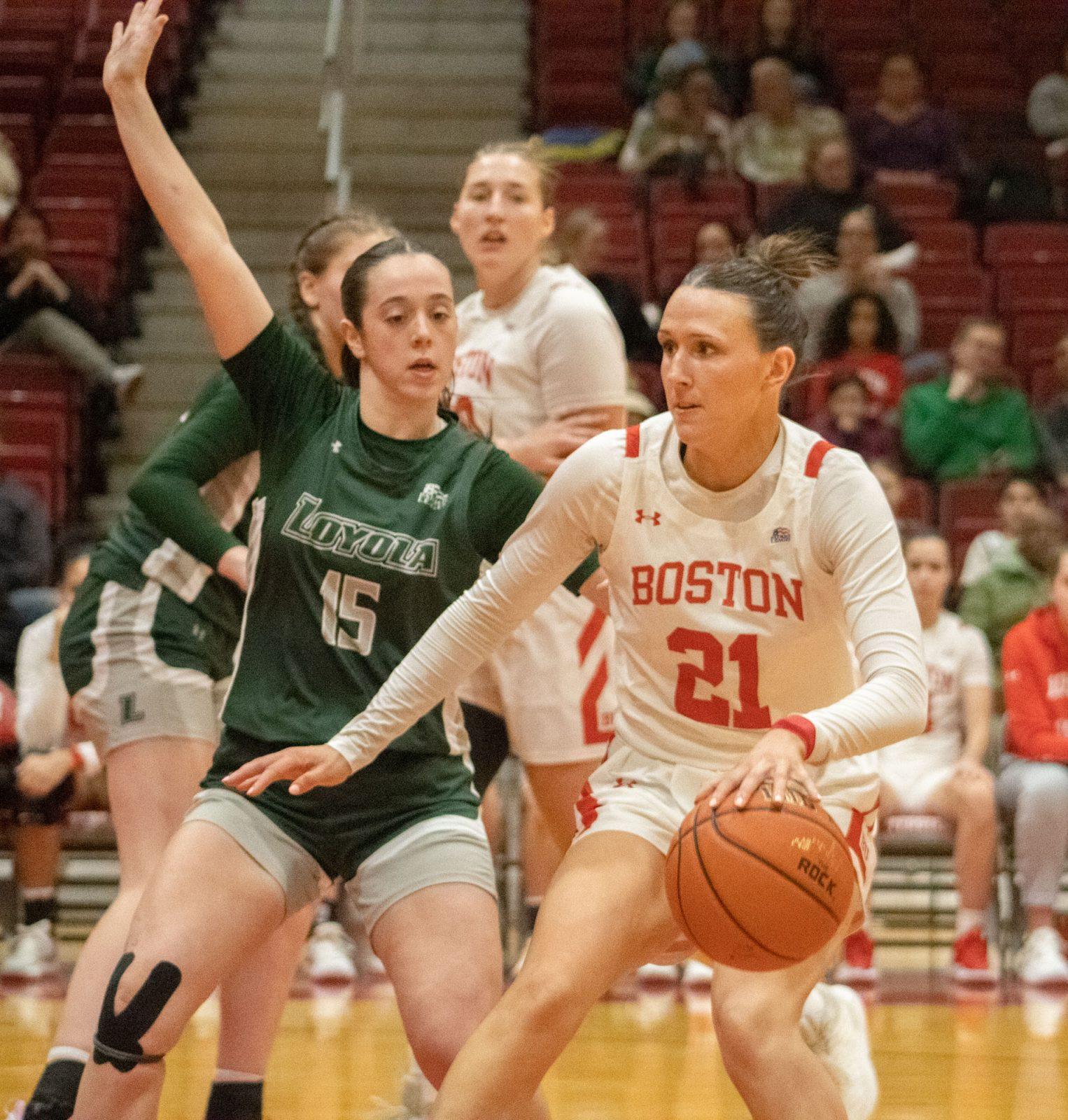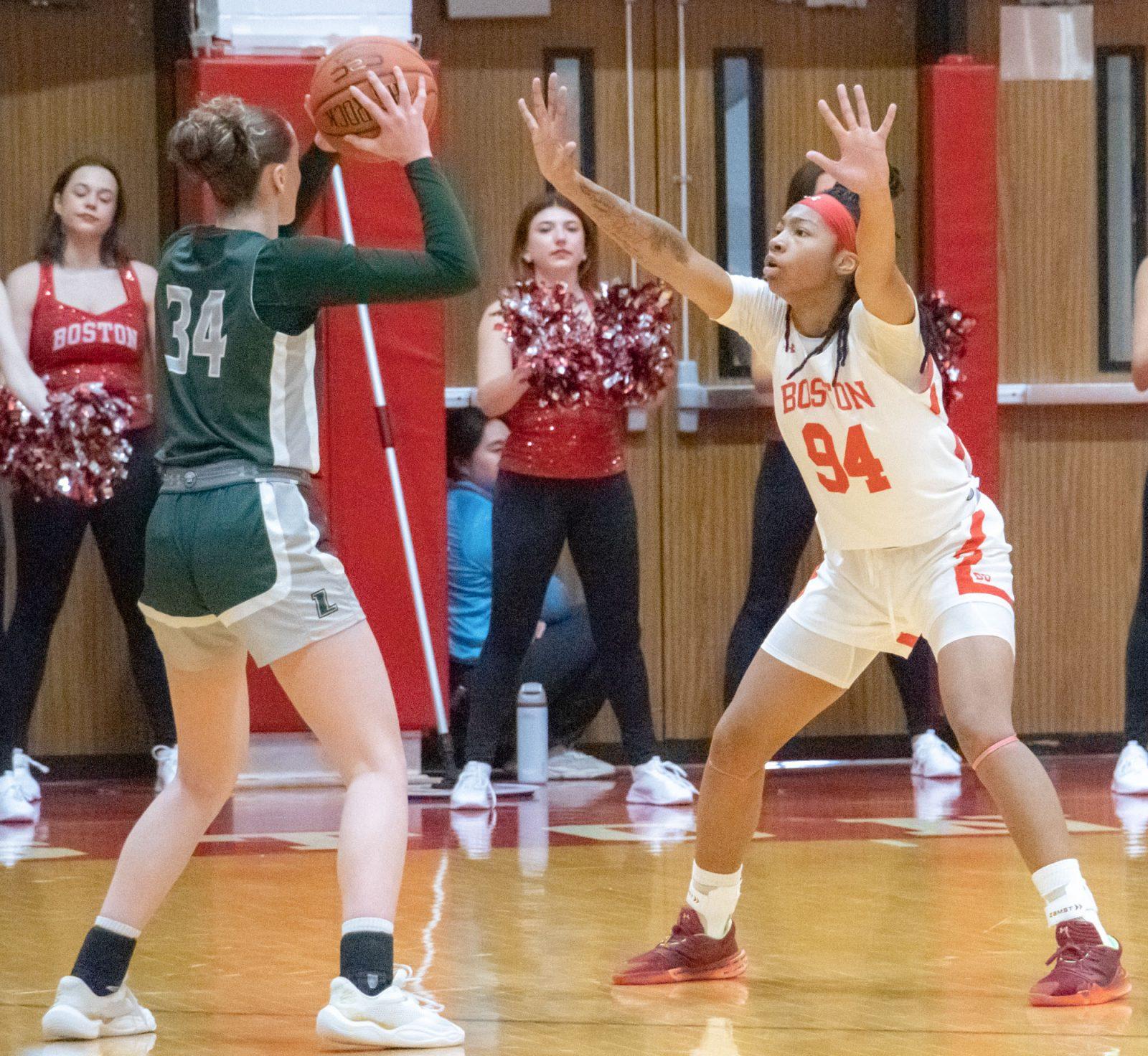Jimmy Butler’s campaign to garner the most attention this season has failed, and not just because it was overshadowed by the blockbuster trade that sent Anthony Davis to the Dallas Mavericks and Luka Doncic to the Los Angeles Lakers.

Butler’s six years with the Miami Heat — which included two NBA Finals appearances — came to an end when the six-time All-Star was traded to the Golden State Warriors on Wednesday as part of a five-team exchange which granted him a two-year, $111 million extension, but not without dramatics.
Just two days ahead of the move, Butler made it clear in trade talks that he was not interested in joining the Warriors. This is just one of several times that Butler has reversed course in his tumultuous trade saga, which was nearly a year in the making.
In May 2024, Pat Riley rejected the possibility of trading Butler over the summer. The team president explained that his contract would not be extended because the investment would have been a “big decision” for someone who wasn’t playing every night, due to injury or otherwise.
The tension grew as the months passed and Butler publicly lamented, saying he wanted to find joy in basketball again.
The Heat did not indicate their desire to trade Butler until Jan. 3 when they issued a statement about their decision to suspend him for seven games because of conduct detrimental to the team.
On their official X account, the team went on to state they were open to hearing trade offers for Butler, after writing, “through his actions and statements, he has shown he no longer wants to be part of this team.”
The announcement’s tone was unusual for an official statement. The passive-aggressive sentiments were made, not just to the press, but to the team’s global audience of fans and the broader NBA community.
Following the initial suspension, Butler ramped up his detrimental conduct, posting a humorous video of his card being declined with a person in the background, joking that it was because he was unemployed.
After issuing a two game suspension Jan. 22 for missing a team flight, the Heat ultimately had enough and suspended Butler indefinitely and without pay Jan. 27.
The Golden State Warriors — who have somehow maintained a record close to .500 — picked up Butler, despite his antics, because of their need to pair Steph Curry with a veteran with substantial postseason experience.
It is clear that Butler not only wanted a trade, but craved attention. What Butler failed to realize is that the kind of attention he desires cannot be manufactured.
The trade window has been plenty entertaining independent of Butler. Aside from his departure and the AD–Luka swap, DeAaron Fox was traded to the Spurs from the Kings, Brandon Ingram to the Raptors from the Pelicans and Zach Lavine to the Kings from the Bulls.
Several analysts and insiders have tried to make sense of Butler’s behavior, looking at his psyche in tandem with his financial incentives.
While covering the feud between Butler and the Heat front office, ESPN’s Ramona Shelburne attempted to draw parallels to the player’s upbringing and personal relationships.
Shelburne suggested that Butler has “made a career out of bending the universe to his will,” which she deemed was the impetus that brought him out of his childhood experience of homelessness and ultimately into the NBA.
While he has previously opened up about the personal journey that led him to the NBA, it’s inappropriate and insensitive to resolve his fortitude in those circumstances with his current lack of respect for his teammates and team staff through his repeated absences in all the ways that matter.
Shaquille O’Neal and Charles Barkley had a tense exchange about the Butler situation; the former repeatedly saying it was a matter of “human nature,” while Barkley contended that Butler was responsible for remaining professional.
Ironically, Barkley said in his 1993 “Not A Role Model” commercial that just because he dunks a basketball, doesn’t mean he should “raise your kids.” It’s not the first time Barkley has contradicted that sentiment in favor of respectability politics.
Of course, it would be nice of Butler to show up for young fans who traveled at their own expense to see him play — but Butler’s contract is not contingent on being a role model.
Even more, front offices generally aren’t concerned with the behavior of players when they’re integral to a team’s chances of winning.
We know that because Jaxson Hayes is still contributing to the Lakers — despite a reopened investigation into his role in a November 2021 domestic violence altercation.
Further, Isaiah Stewart recently received a one-game suspension following his sixth flagrant foul this season, but that doesn’t make the center any less versatile as a defender.
What distinguishes Butler from other players with poor reputations is not just that the circumstances are different, but that he fails to accept that the powers that be owe him no loyalty.
Case in point: the Warriors front office was willing to give up Dennis Schroeder after uprooting him from Brooklyn on just Dec. 15. The Mavericks offered to refund season ticket holders after trading franchise hero Doncic, who did not request a trade.
While Butler was able to have his way and leave Miami, Riley and company maintained their composure, focusing on their new additions and continued success.
No matter how Butler responds, he is still subject to league executives who aren’t interested in playing his games.
No clause in his contract will guarantee him the last laugh.






















































































































